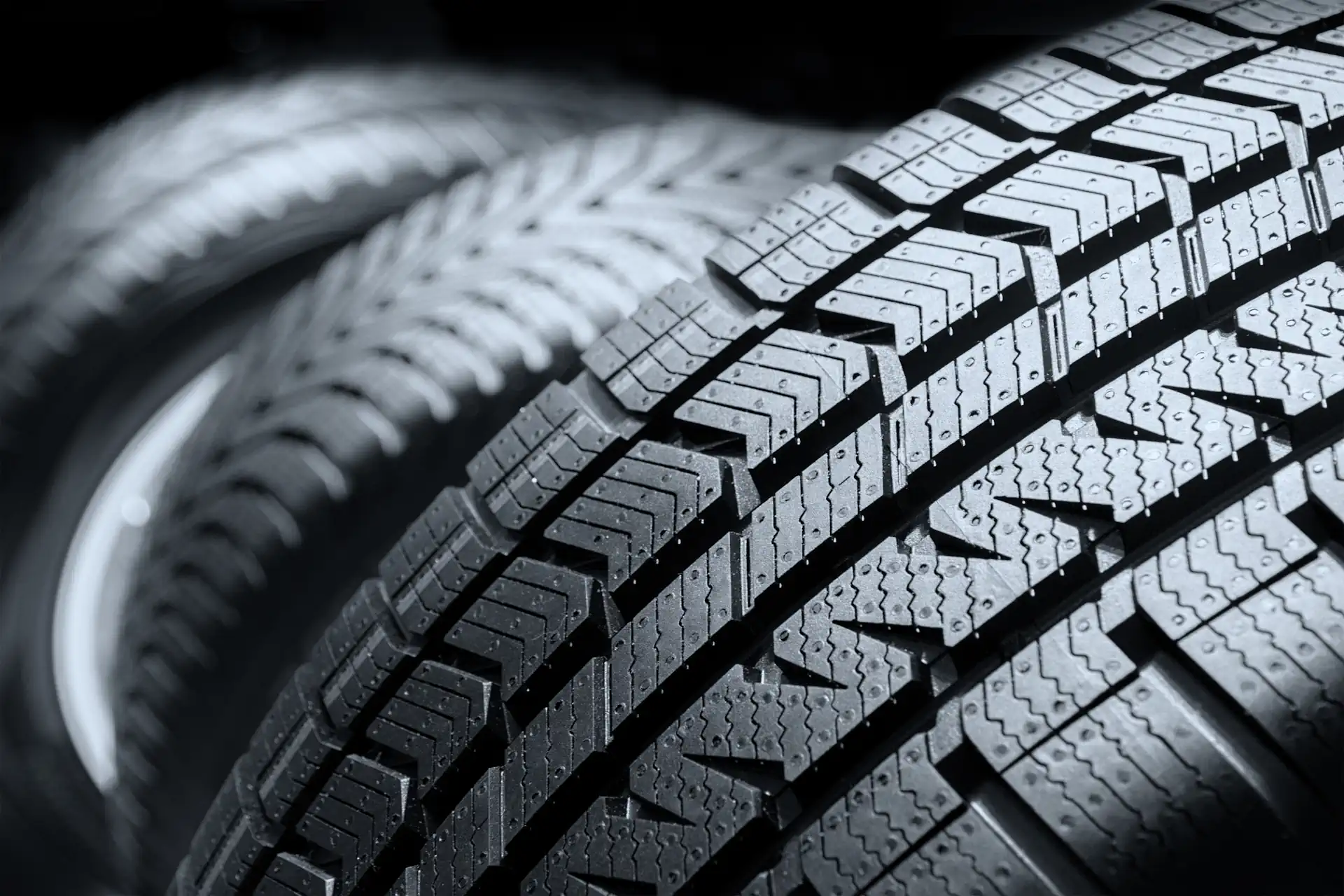Why Switch to Summer Tyres in Warmer Weather?
Published on: Friday, 01 August 2025 | Author: Jessica Bird
You’ve topped up your coolant levels and regassed your air con to get your car summer-ready. But, are you missing something?
As the weather warms up, the road surface does too, becoming softer and more malleable. In these conditions, your car’s tyres respond differently to the road, and perform differently when it comes to braking and handling too. That’s why switching to summer tyres is a must.
That said, most drivers overlook this step, leaving the switch from winter to summer tyres firmly off their summer car prep list.
Read on to learn why switching to summer tyres is so important, and how it can help create a more comfortable and safe driving experience in the warmer weather.
What are summer tyres?
Summer tyres are a type of tyre that is designed to perform best in warmer weather conditions (above 7°C). Summer tyres have a hard rubber compound and a relatively shallow tyre tread depth (when compared to winter tyres). They are also uniquely optimised for wet and dry handling.
The tread pattern of summer tyres is made up of a small number of sipes (grooves in the tread) since they don’t need the levels of grip that, say, winter tyres do when handling icy road conditions. Summer tyres aim to help reduce braking distances on warm road surfaces, provide strong handling and grip, and improve fuel efficiency too.
Why change to summer tyres when it's hot?
Below are five reasons why swapping out your regular or winter tyres for specialist summer tyres is a good idea when the temperatures start to rise.
Better grip
When road surfaces are hot, summer tyres have a distinctive design that allows them to grip better in wet and dry conditions. Their compound can also allow them to expand enough without cracking, enhancing grip by maximising contact with the road (though, avoiding excessive friction).
Improved fuel efficiency
Compared to winter tyres, summer tyres have a far lower rolling resistance when it’s hot outside, meaning reduced friction and drag from the road. As a result, less energy is needed to move the car forward (since there’s less resistance to forward movement from the friction between the tyres and the tarmac). This brings down fuel costs, making for a far more economical drive.

Improved vehicle handling
Summer tyres are made from a harder rubber compound, giving them durability, stiffer sidewalls, and larger tread blocks to maximise contact with the road. These factors combine to make summer tyres more responsive to your steering and great at stable cornering. This improved handling can make all the difference to your summer road trip or regular inner-city drives during the warmer months.
Shorter stopping distances
Since the tread and stiffness of summer tyres make them far more responsive, it’s no surprise that they allow for much better braking distances. In hot conditions, summer tyres can shave metres off your braking distance compared to winter or all-season alternatives.
Increased tyre lifespan
Tyres can be expensive, so keeping yours in good condition for as long as possible is a priority, right? Well, using the wrong kind of tyre in the wrong season is a surefire way to accelerate tyre wear and even cause tyre damage like cracking or splitting. If you’re looking to reduce tyre wear and increase the lifespan of both your summer and winter tyres, make sure you swap your tyres out in time with the weather.
When should you switch to summer tyres?
When the temperature outside begins to consistently remain above 7°C, then you can safely switch to a summer tyre. In the UK, this window usually falls between April and September. Don’t worry if there is the odd cooler morning here and there (British weather is, after all, unpredictable), the temperature just mostly needs to be above 7°C.
It’s generally accepted that summer tyres are perfect for the warmer season in the UK or for drivers who live in countries where the temperature is almost always above 7°C like those in the Southern Hemisphere.
Is it okay to use summer tyres all year round?
While it can be tempting to leave your summer tyres on year-round, they are only designed for warmer temperatures and can be damaged easily if left on during the cooler months.
In wintry conditions, summer tyres can become brittle and start to harden, making them unsafe for driving. Depending on the weather conditions where you are, once the temperatures begin to drop, you should switch back to winter tyres or opt for an all-season option.
Keep your tyres in tip-top condition with Tyre Pros
Whether you’re looking to switch out to summer tyres or make sure your all-season tyres are good to last another year, trust the advice from the experts at Tyre Pros.
Bring your car into your nearest centre or get in touch with our team to book an appointment. From tyre checks to tyre insurance, we have everything you need to keep your treads in tip-top condition.




